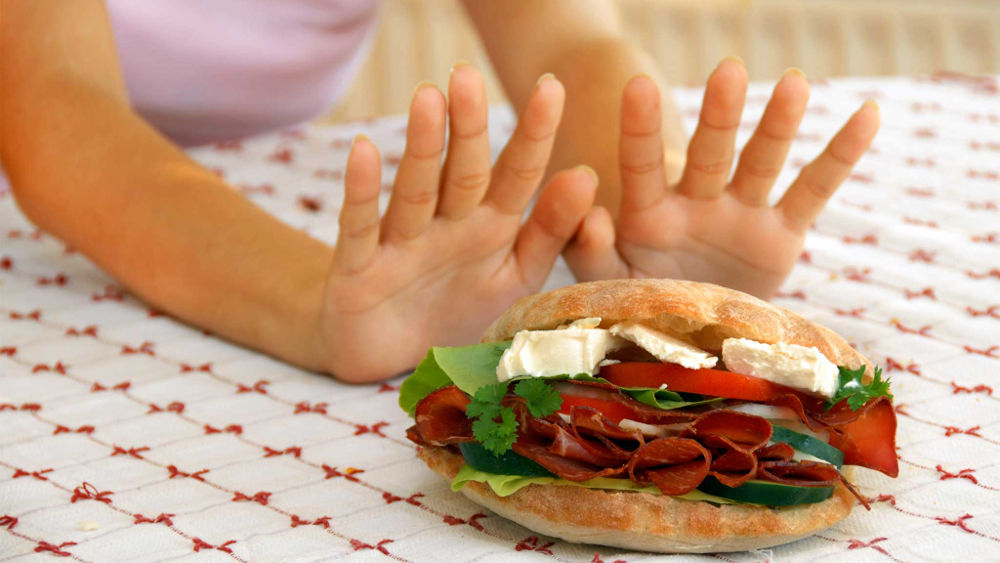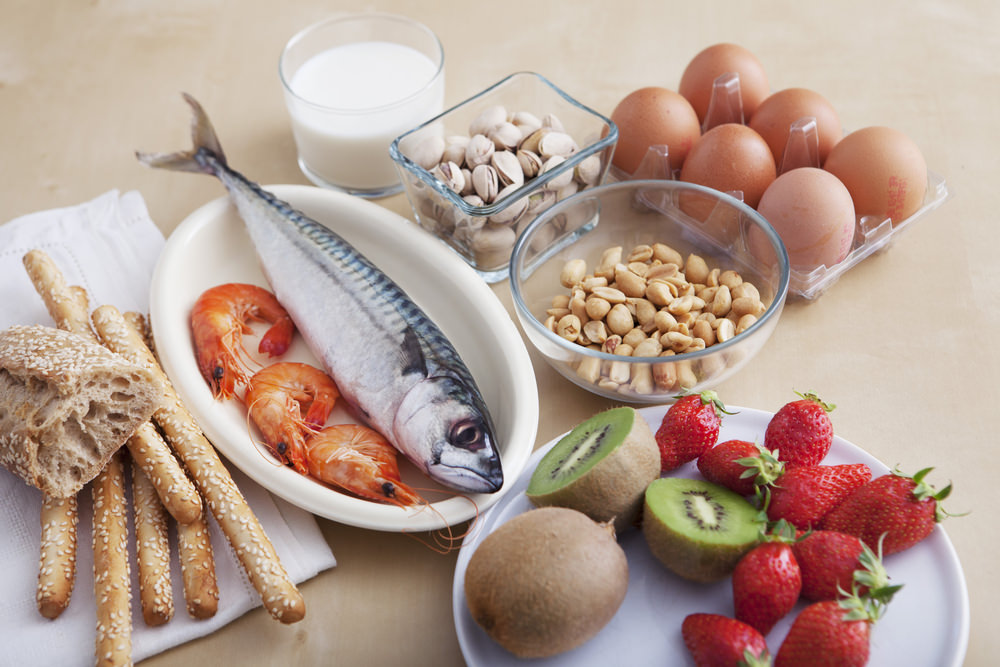What Are The Food Allergies And Its Treatment

Allergy is called any abnormal reaction of the body when you have a certain substance, that is, an allergen.
For the rest of the people it does not represent any risk but, in the case of the allergic, the immune system activates its defense mechanisms, causing allergy symptoms.
So, what is the food allergies? It happens when the patient presents alterations when ingesting or inhaling the proteins of some foods.
How is the food allergies?

The body’s defenses are different depending on the situation: the antibodies, the cells or the combination of both can be activated.
When there is an allergy to food by antibodies, the reactions are instant, causing serious symptoms such as anaphylaxis that can put the patient’s life at risk.
Food allergy not mediated by antibodies causes alterations up to two hours after eating the food. This may be the reason why a diagnosis is not quickly determined.
Symptom
- Eruptions
- Inflammation
- Itch
- Lachrymation
- Eye redness
- Abdominal pain
- Diarrhea or vomiting
- Blood in the stool
In addition, serious symptoms such as:
- Asthma or trouble breathing
- Hypotension
- Pressure in the chest
- Accelerated palpitations
- Anaphylaxis
What causes the allergy?
Although the causes remain ambiguous, there are certain nutritional and genetic factors that increase food allergy. Everything begins with the foods consumed during the first months of life.
Such is the case of babies who have an allergy to breastfeeding, whose probability of suffering from other allergies is very high.
It is therefore very common that diseases such as asthma or allergic rhinitis develop along with food allergy.
What are the most frequent allergens?

It is clear that each patient is different, however, these are the most common foods:
- Egg
- Cow’s milk (recurrent in childhood)
- Fish (especially cod)
- Crustaceans (presented equally in children and adults)
- Nuts
- Cereals
- Fruits
- Legumes (it is usual for its high protein content)
- Vegetables and spices
How is it diagnosed?
To determine that a patient is allergic to certain foods is necessary to perform tests such as:
- RAST: The radioallergosorption test is a blood test in which the presence of antibodies causing the allergy is detected.
- Prick test: This test is performed on the surface of the skin. It consists of placing a certain amount of the possible allergen. If there is a side effect, obviously the patient is allergic.
Treatment
There are two types of treatments for food allergy: prophylactic drugs with chromone action (sodium cromoglycate) and specific hyposensitization or immunotherapy.

Their characteristics are:
- Sodium cromoglycate: It is responsible to inhibit degranulation of the mast cell. It is recommended for patients who have multiple food allergies.
- Immunotherapy: is indicated for patients who have anaphylactic reactions or those who have food allergies that are difficult to avoid.
Once the appropriate treatment is determined, the following steps are followed:
- First, it is necessary to identify exactly what foods are causing the allergy.
- Later the specialist makes a diagnosis, prognosis and possible risks.
- The main thing is to eliminate the food from the diet and find a way to replace it.
- It is important to learn to observe labels meticulously and be careful with the ingredients when cooking because there are products that have ingredients that can go unnoticed.
- In situations of serious food allergies, it is recommended to know the emergency treatments and the closest way to go to medical institutions.
- A good advice is to write down the daily food intake for a time, in order to analyze the different symptoms as the allergy evolves.
Precautionary measures
- Read all food labels before consuming them.
- Pay attention to medications and vaccines.
- The indicated thing is to give the baby lactation until 6 months without giving any solid food before time.
- It is recommended to introduce other dairy products after the baby is one year old.
- Ideally, the small eat an egg from 2 years of age.
- The consumption of nuts is not recommended until after 3 years.
Related














